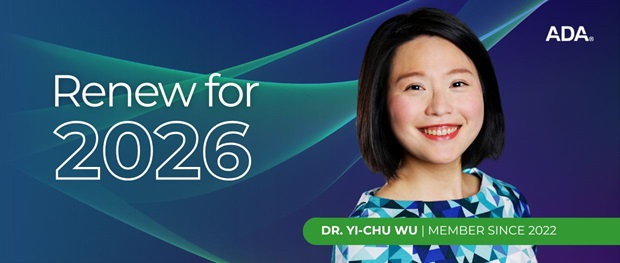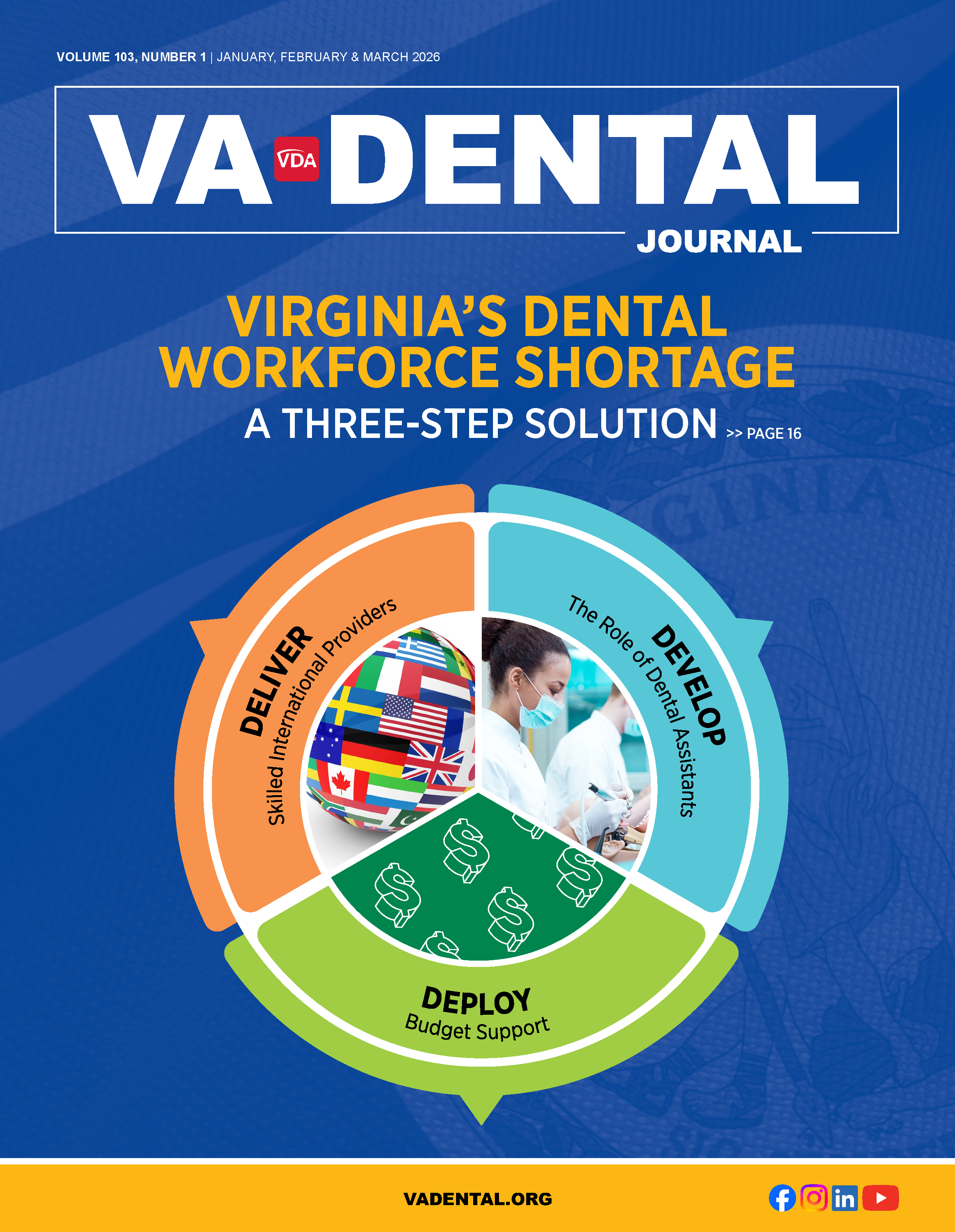ADA opposes new United Concordia claim requirement
United Concordia Companies Inc. will begin denying claims for any periapical radiograph taken routinely on a patient who does not have complaints or symptoms.
United Concordia sent a letter to participating dentists June 30 stating that beginning Aug. 14, periapical radiographs taken routinely in the absence of a patient complaining or showing specific signs and symptoms will be denied and the dentist will not be able to bill the patient. Periapical radiographs taken as a result of specific signs and/or symptoms that are supported by the Food and Drug Administration guidelines for prescribing radiographs will be allowed, according to the letter.
Claims must include a copy of the radiograph and an explanation of the patient’s signs and symptoms. Without this information, United Concordia will deny the claim for lack of diagnostic materials, the letter says.
Dr. Charles Hoffman, chair of the ADA Council on Dental Benefit Programs, wrote a letter to Dr. James Bramson, chief dental officer for United Concordia, on July 21 expressing the council’s opposition to the new policy.
“We disagree with such a policy and feel it is unnecessary for dentists to submit the actual radiographs,” Dr. Hoffman wrote. “Determination should be based on the reason for taking the radiograph, not what is subsequently seen on the radiograph. Review of the radiographs will not provide more information about the reason for taking the radiographs than simply clear justification that can be noted in the remarks section of the claim form itself.”
Dr. Hoffman emphasized that while the FDA guidelines don’t support routine periapical X-rays with a periodic oral evaluation, there can be legitimate reasons for taking them, either triggered by a specific patient complaint or following a clinical exam by a dentist at recall. CDBP is also concerned that the new policy will result in claims processing delays and increase the cost of doing business for dental offices that care for United Concordia patients.
Dr. Bramson responded to Dr. Hoffman’s letter on Aug. 3 and said United Concordia began implementing its periapical radiograph policy on Jan. 1, 2013, on a state-by-state basis and since then it has not affected the company’s timeliness or ability to accurately pay claims. He wrote that United Concordia took earlier concerns expressed by CDBP into consideration when weighing this policy but ultimately believes that the required documentation supports the rationale for providing the X-ray and makes the review and approval easier.
“While we recognize that radiation from dental films is minimal, we should all be concerned about any potential excess exposure due to radiation, particularly that from films that are prescribed on a routine basis in the absence of specific signs and/or symptoms,” Dr. Bramson wrote. “Our policy pertaining to periapicals taken with a periodic oral evaluation allows us to provide a benefit for radiographs, while protecting our members from receiving services that are not supported by current guidelines and expose them to radiation unnecessarily.”
CDBP began a dialogue with United Concordia executives in 2012 when it became aware of a possible policy change.
“The council in 2012 was able to convince United Concordia to change its original policy to deny all claims for radiographs associated with a periodic exam. After we intervened, they changed the policy to state the company would pay claims for those who had a reason for the radiograph,” Dr. Hoffman said. “Advocating on behalf of member dentists to third-party payers is our council’s primary focus.”









